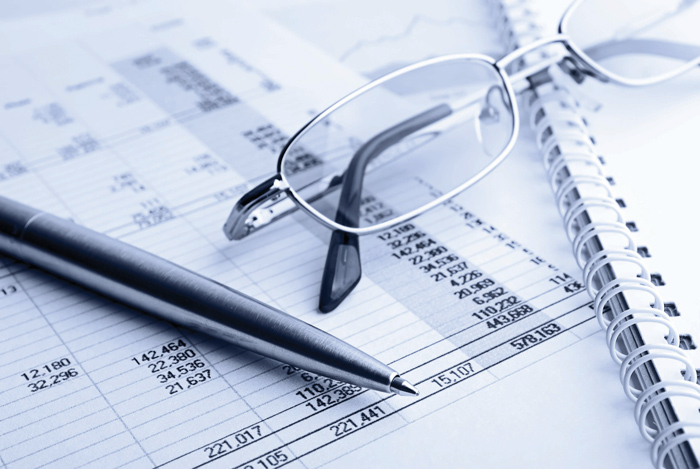August 2020
| Jenny Mathews, Pula Imvula contributor. Send an email to jennymathews@grainsa.co.za |
 |
Whether to register as a VAT vendor or not is a difficult decision for start ups and smaller businesses. There are many complicated rules and regulations around VAT which makes it tricky to manage on your own. It is really a good idea to talk to your bookkeeper about the implications of registering your business for VAT or not.
WHAT IS VAT?
Value Added Tax (VAT) is a consumption tax. This is a fee levied on the supply of goods and services by vendors who are registered as VAT vendors. Actually, when you register as a VAT vendor you essentially become a tax collection agent for the South African Revenue Services (SARS). You collect VAT for SARS which you then pay over to them. Since 1 April 2018 all goods and services have been levied at 15%.
If you are registered for VAT, you have to add 15% VAT to the selling price of your goods, product or services. If you sell a chicken for R100, you need to add R15 on to the price. Your customer has to pay you R115, R100 is yours to keep, but then you in turn will have to return R15 to SARS when you do your monthly VAT return. This is called output tax.
You can also claim VAT back from SARS. This claim will be all the VAT amounts you paid on all the goods and services you have purchased. If you have bought a bag of laying pellets for your egg production business, you will have had to pay 15% VAT at the till. If you are registered as a VAT vendor, you may submit the relevant tax invoice and claim that 15% back. VAT levied on goods you purchased is called input vat.
To calculate the VAT that you either have to 1) pay over to SARS, or 2) claim back from SARS, you deduct input vat from output vat:
WHO SHOULD REGISTER FOR VAT?
For businesses with a turnover of under R1 million per year, registration for VAT is optional i.e. you don’t have to register as a VAT vendor, but you may do so if you want to. If your business turnover is more than R1 million per annum, you have no option but to register as a VAT vendor.
DISADVANTAGES TO REGISTERING FOR VAT
You will have to spend a lot of time on precise filing and administration.
ADVANTAGES TO REGISTERINGAS A VAT VENDOR
THERE ARE ALWAYS EXCEPTIONS TO THE RULES: GET ACQUAINTED
It is true that there are instances where you do not have to charge your client any VAT and in other circumstances you can’t claim VAT on an expense.
VAT is divided into three different categories namely:
You really need to get advice from experts to know which transactions are zero-rated or VAT exempt.
Some examples of zero-rated VAT items are:
Some examples of VAT exempted goods/services are:
CONCLUSION
You can only claim VAT back on your expenses that are business related – if you have a supplier invoice – and not expenses incurred personally, for example, entertainment – even if you bought refreshments for staff or held a business event. Cell phone usage, travel for business, ESKOM – these claims all need to be calculated and shared between business and personal expenses in order to lodge a valid VAT claim. It is easily calculated with the help of an experienced bookkeeper. You can register for VAT on e-filing, but it really is worth finding out the best option for your business by learning more about being a VAT vendor with the guidance from an expert.

Publication: August 2020
Section: Pula/Imvula